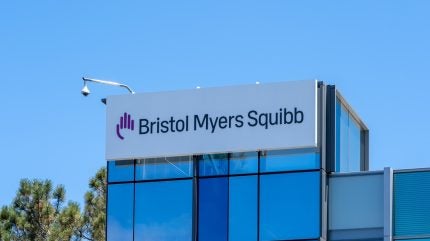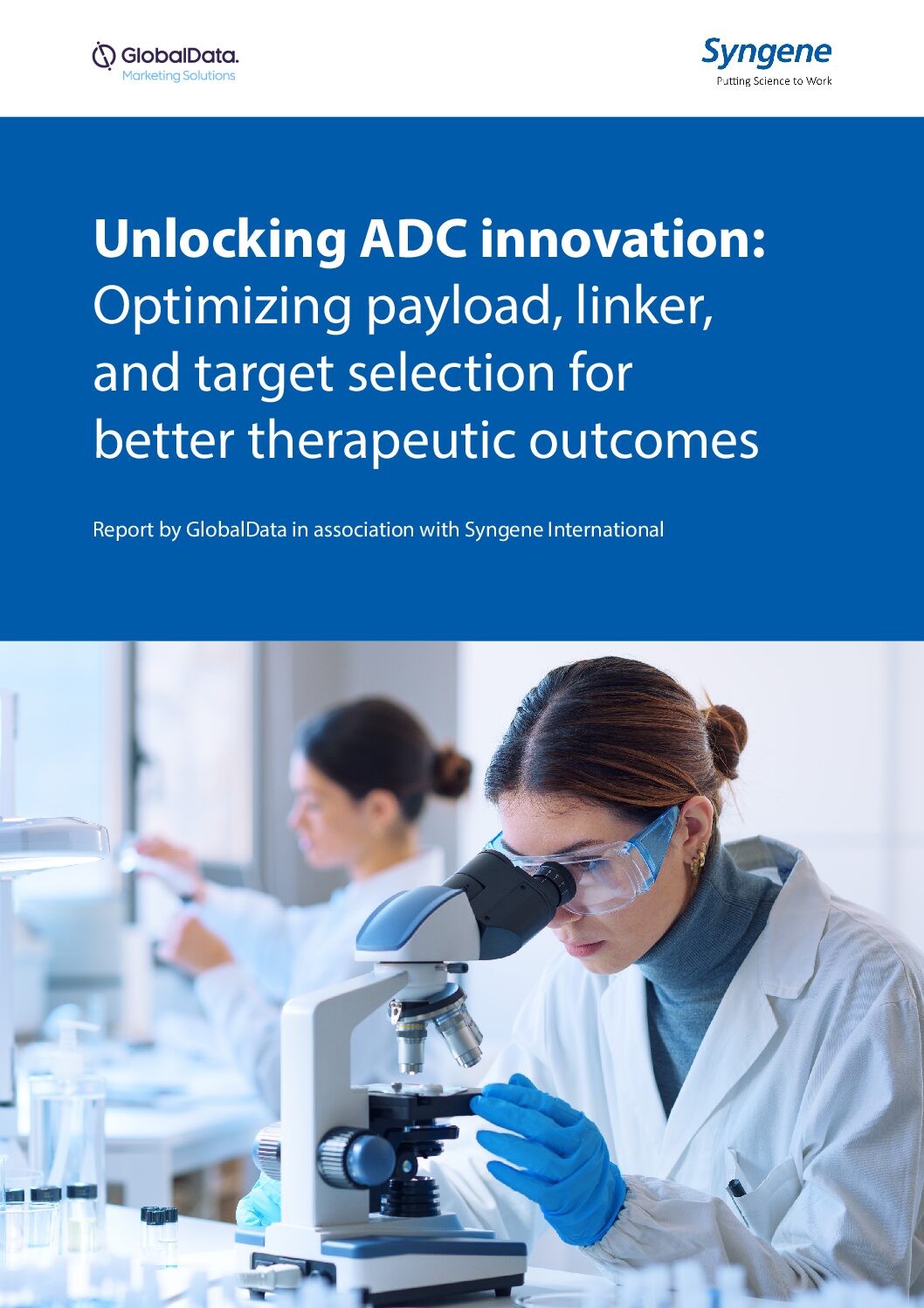

Bristol Myers Squibb and SystImmune have announced breakthrough therapy designation from the US Food and Drug Administration (FDA) for izalontamab brengitecan (iza-bren) to treat locally advanced or metastatic non-small cell lung cancer (NSCLC) with specific epidermal growth factor receptor mutations.
NSCLC represents 80% of lung cancer cases and is the leading cause of cancer-related mortality globally.

US Tariffs are shifting - will you react or anticipate?
Don’t let policy changes catch you off guard. Stay proactive with real-time data and expert analysis.
By GlobalDataThis designation is intended for patients with EGFR exon 19 deletions or exon 21 L858R mutations whose disease has progressed after treatment with an EGFR tyrosine kinase inhibitor and platinum-based chemotherapy.
The bispecific antibody-drug conjugate is under development by China’s Biokin and is also being advanced by SystImmune and BMS under a licensing agreement for regions outside the country.
Iza-bren targets both EGFR and human epidermal growth factor receptor 3. It is designed to deliver a topoisomerase 1 inhibitor payload directly to cancer cells.
The decision was based on safety and efficacy data from the ongoing studies, BL-B01D1-101 and BL-B01D1-203, conducted in China, and the global BL-B01D1-LUNG-101 clinical trial carried out by SystImmune across Europe, the US and Japan.
Findings from these trials indicate that iza-bren may offer improved efficacy with a manageable safety profile in subjects with EGFR-mutant NSCLC.
SystImmune chief medical officer Dr Jonathan Cheng stated: “The FDA’s granting of breakthrough therapy designation underscores the potential of iza-bren to meaningfully improve clinical outcomes for patients with previously treated epidermal growth factor receptor mutation NSCLC.
“The data we have generated to date suggest that iza-bren could address a critical unmet need in patient care, and we look forward to working closely with the FDA to conduct the relevant clinical studies and seek regulatory approval.”
ADC content on Pharmaceutical Technology (Or Clinical Trials Arena) is supported by Syngene. Editorial content is independently produced and follows the highest standards of journalistic integrity. Topic sponsors are not involved in the creation of editorial content.






